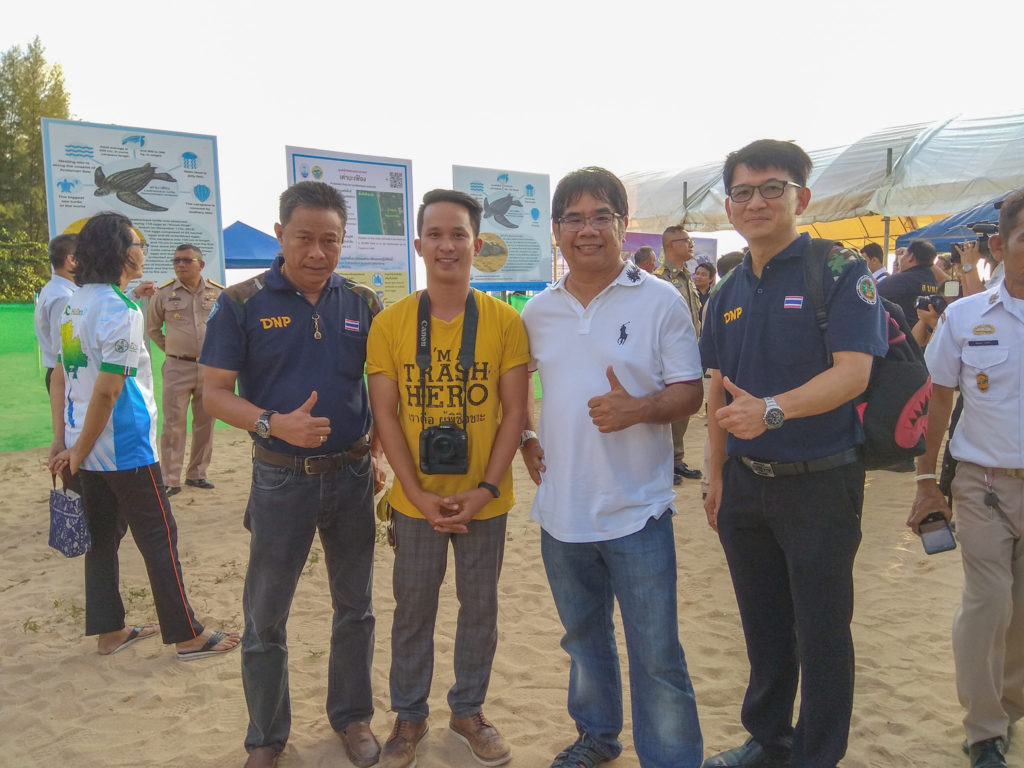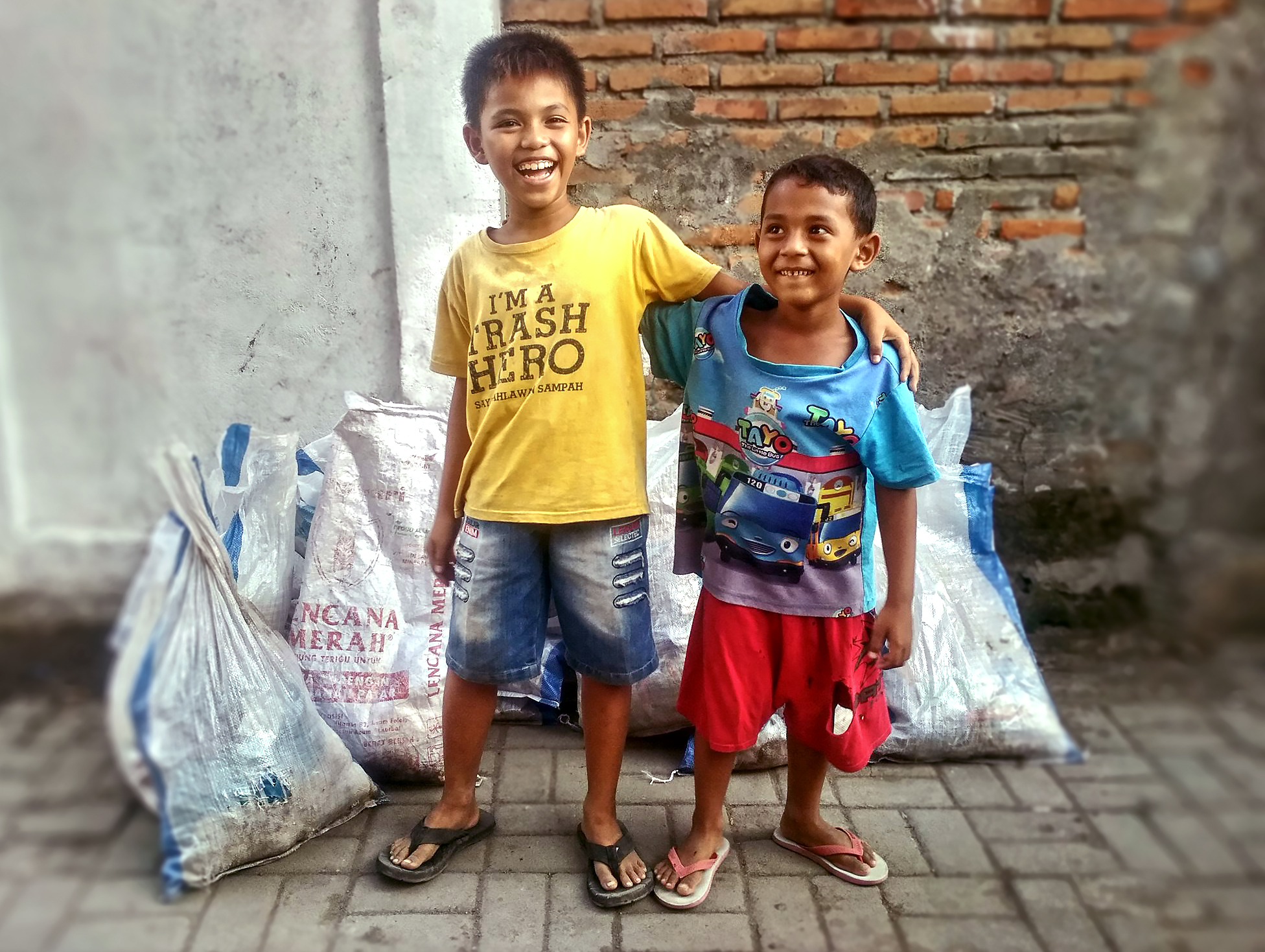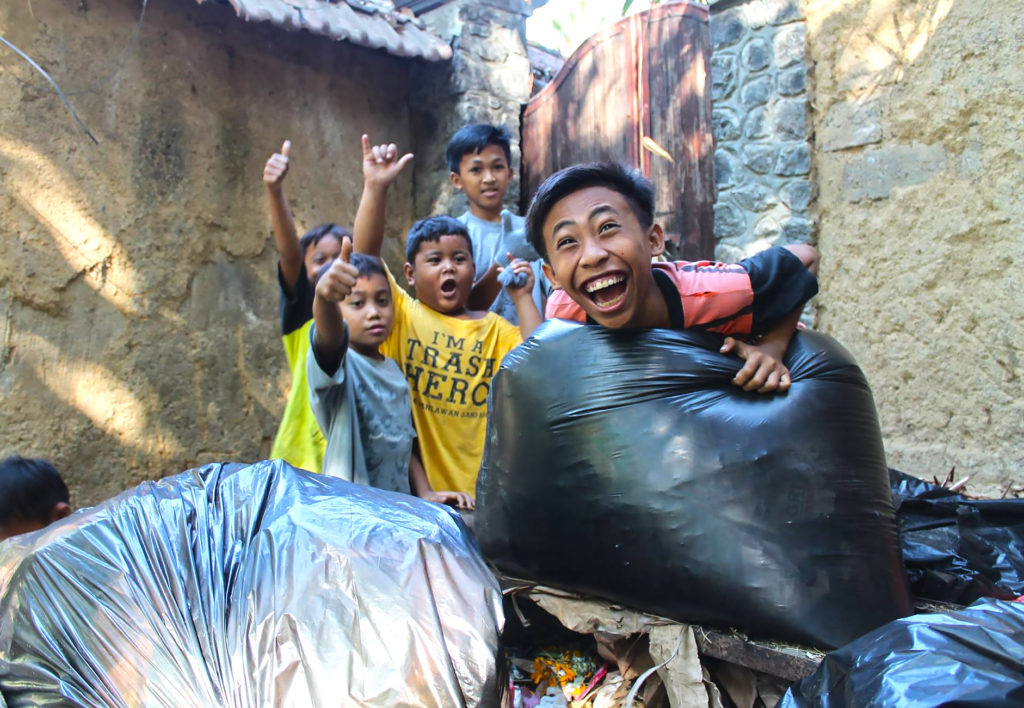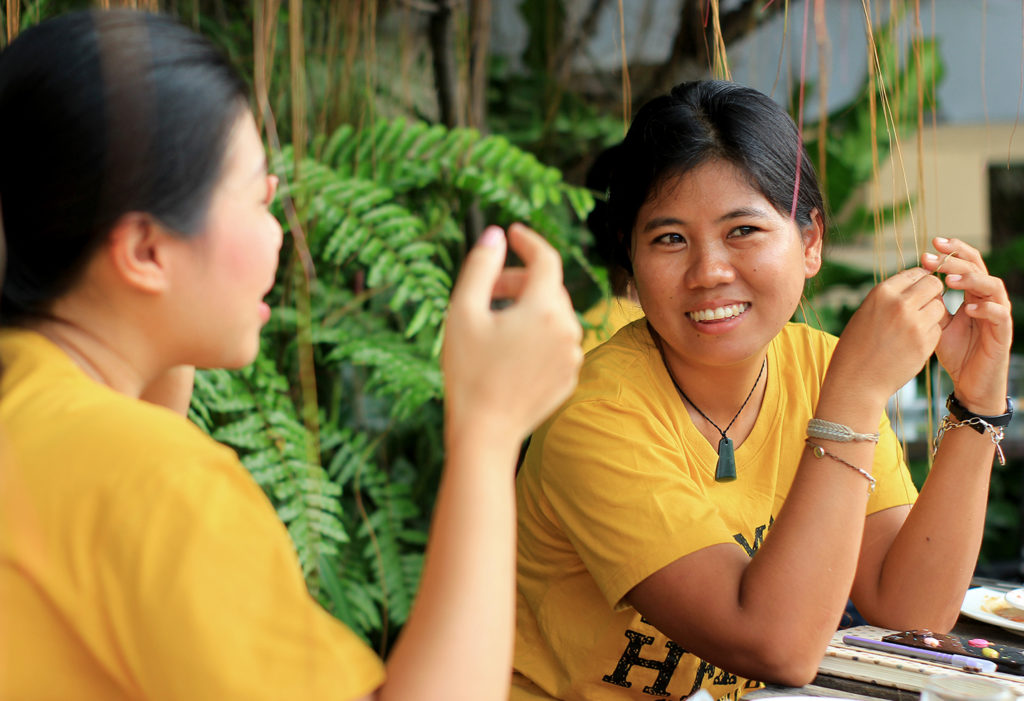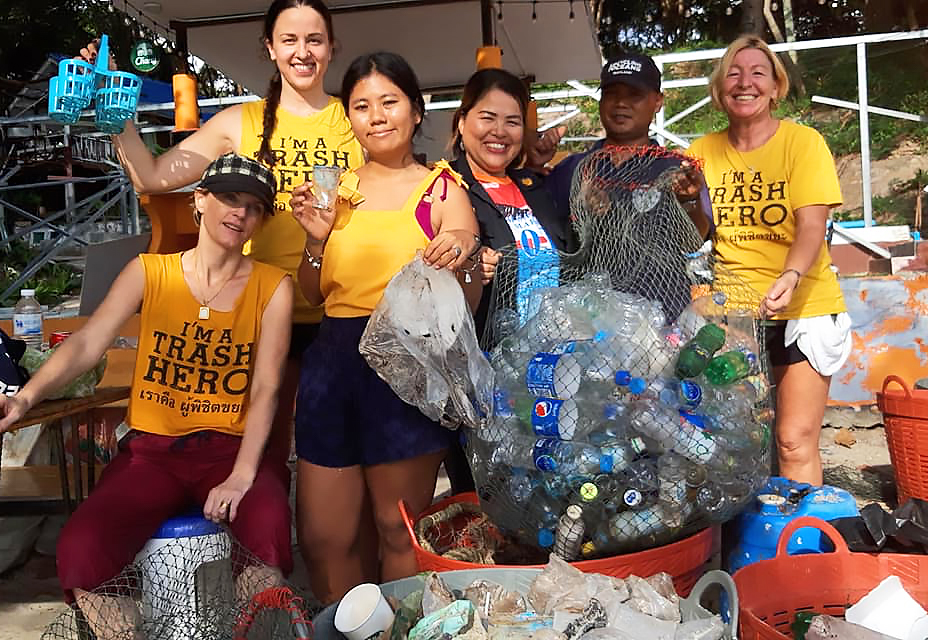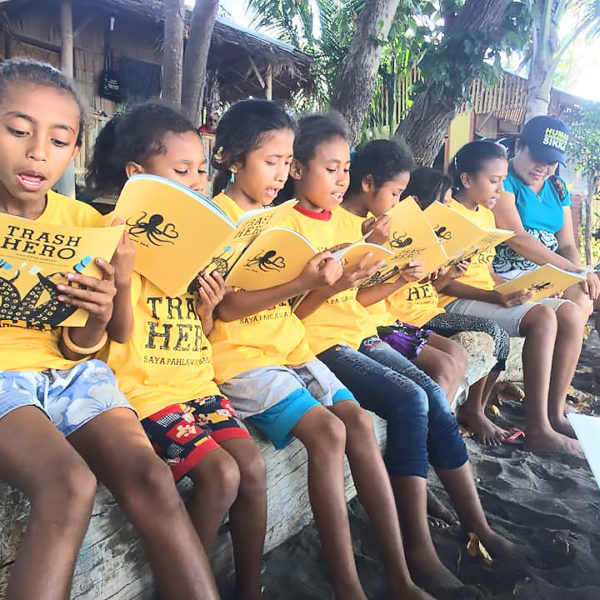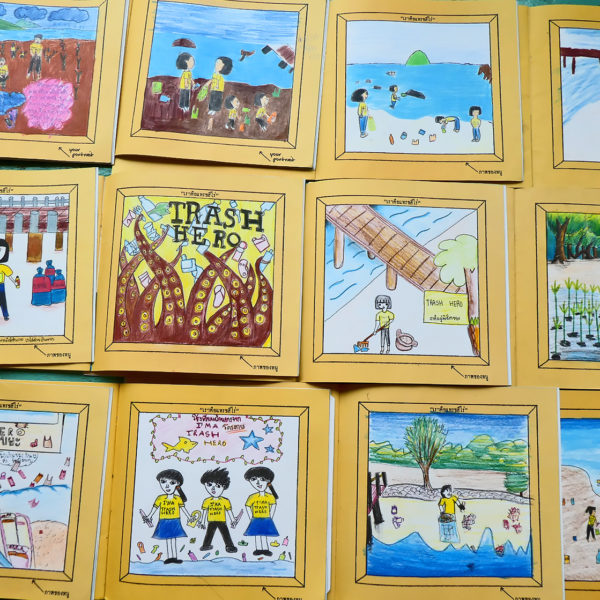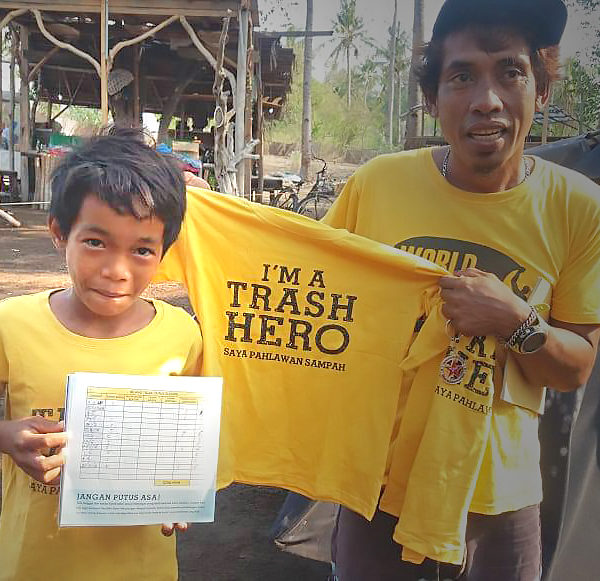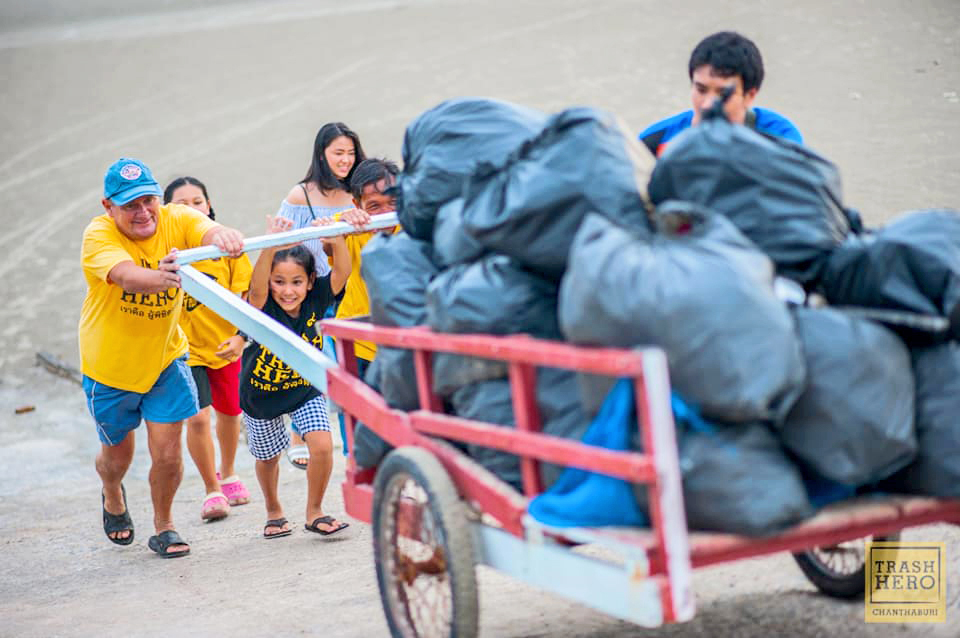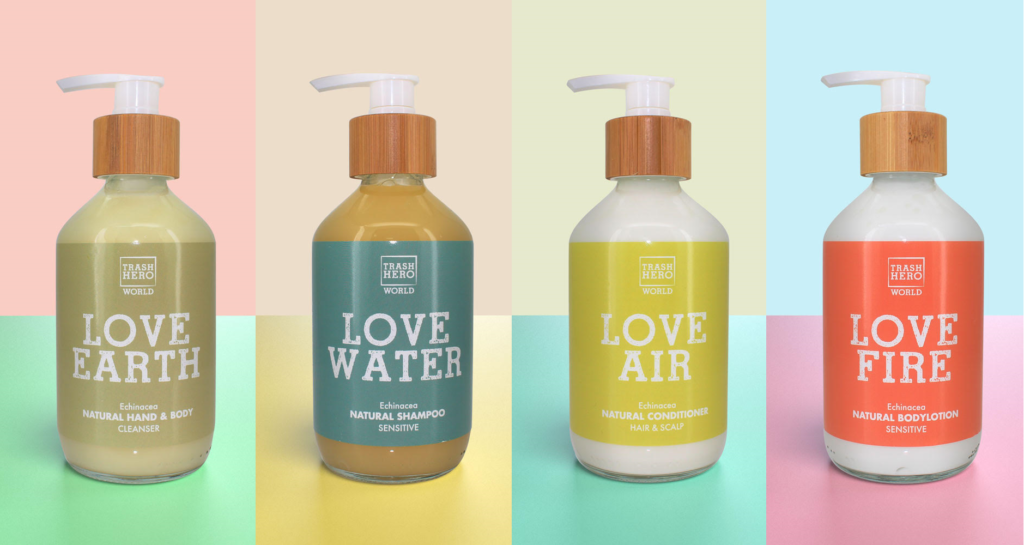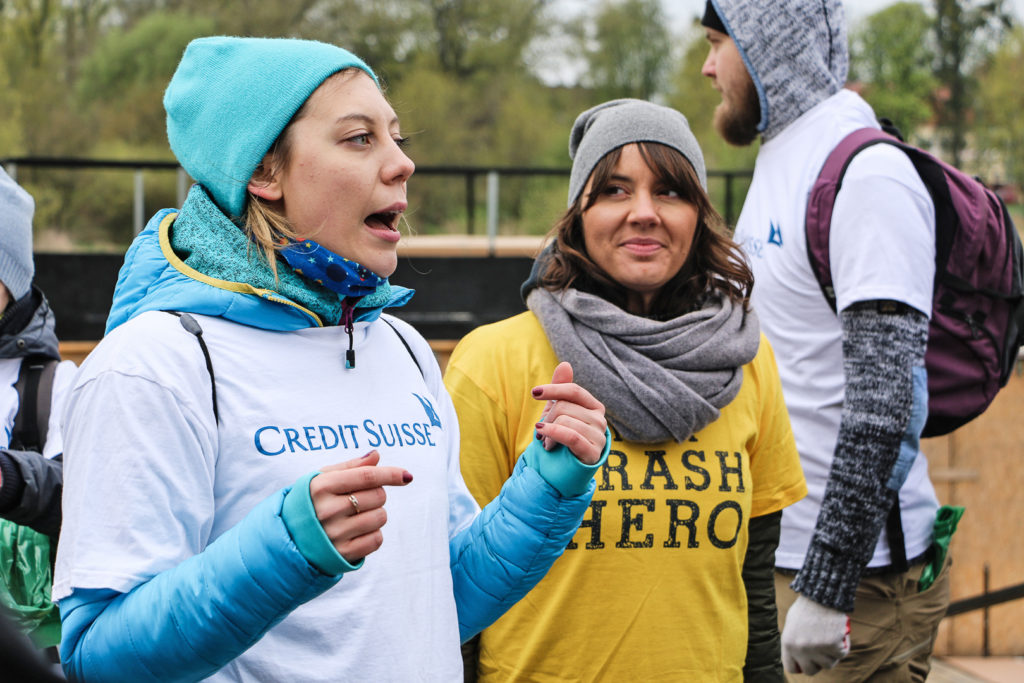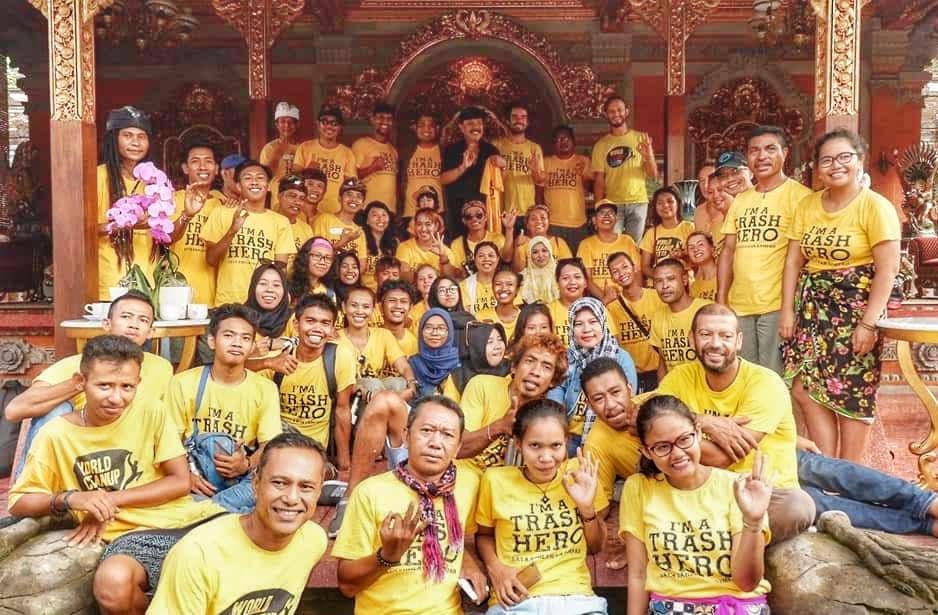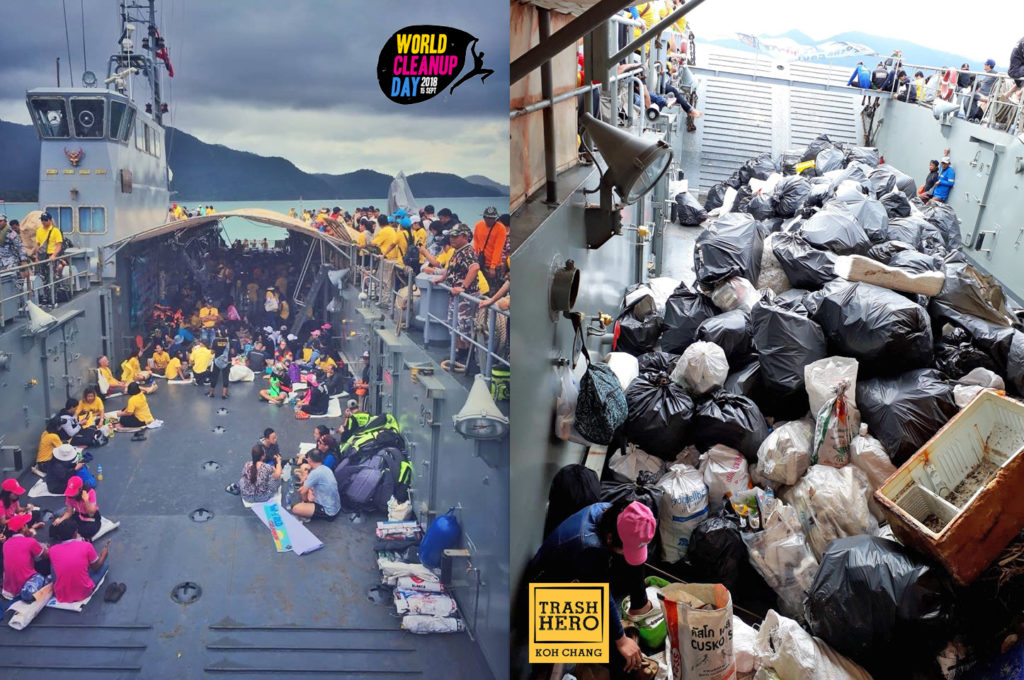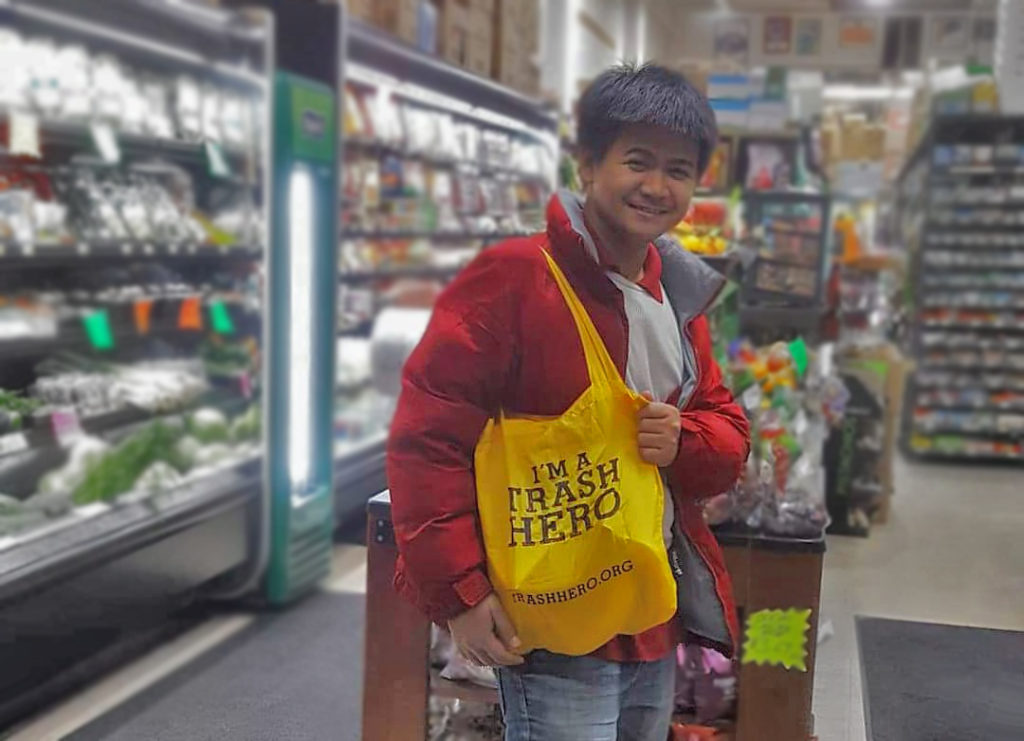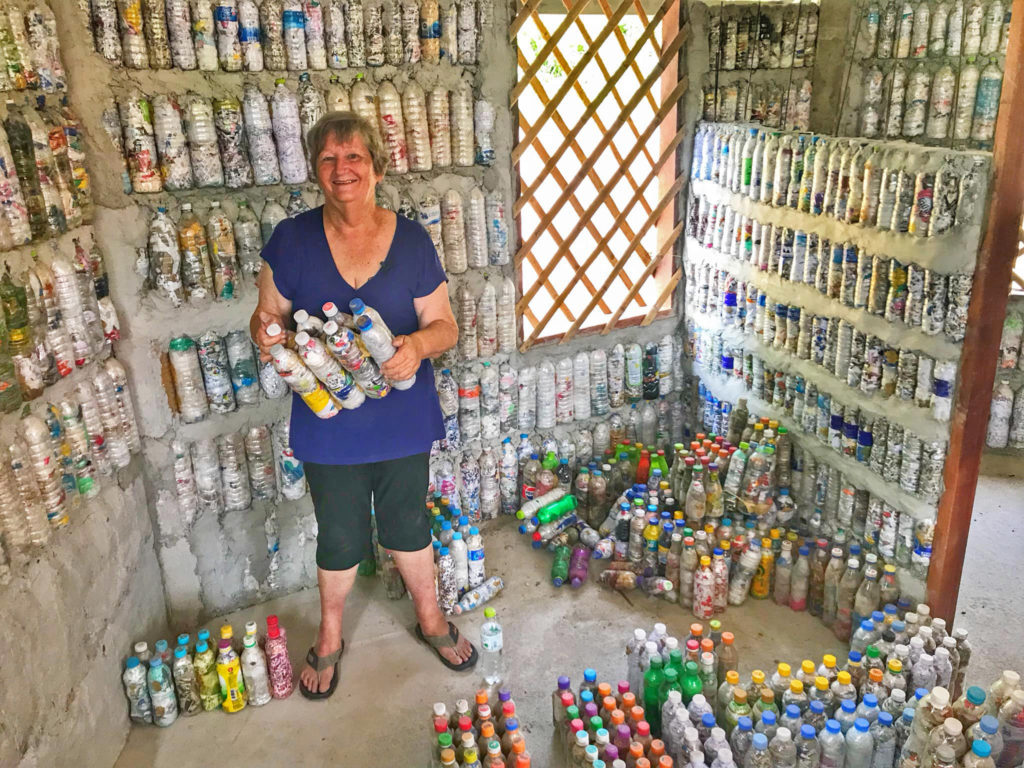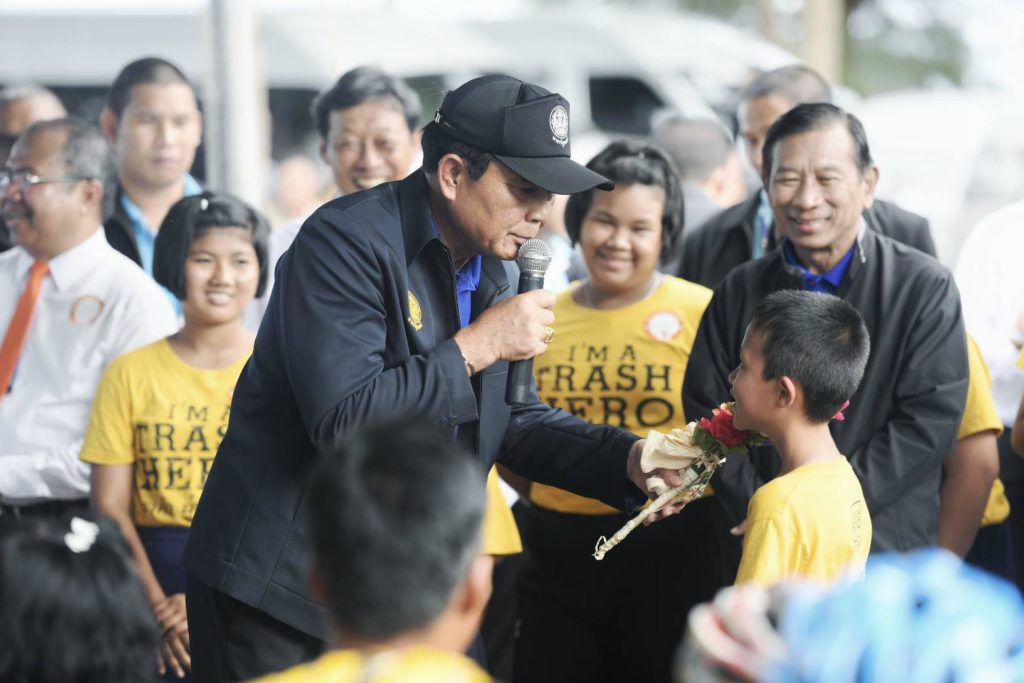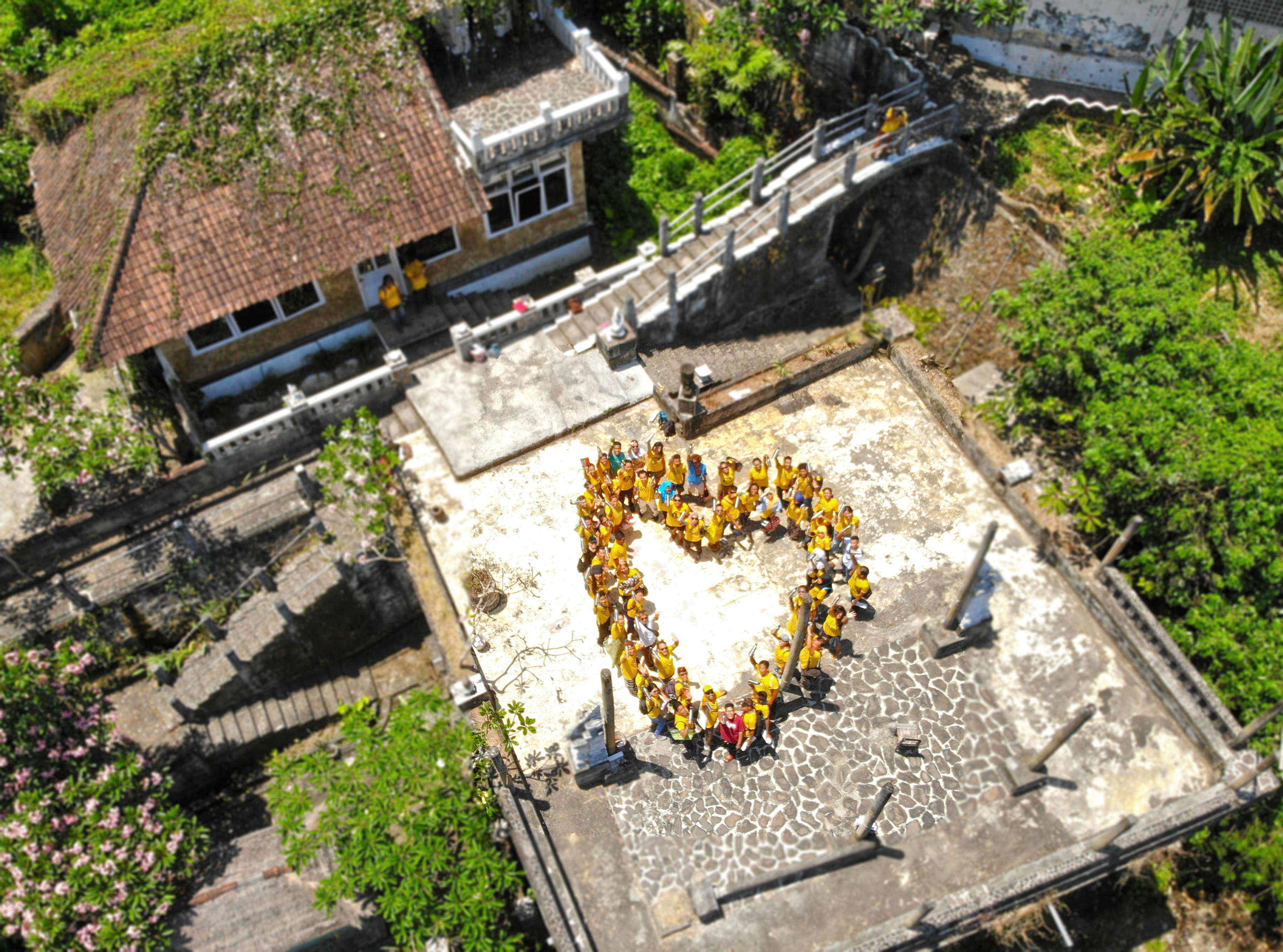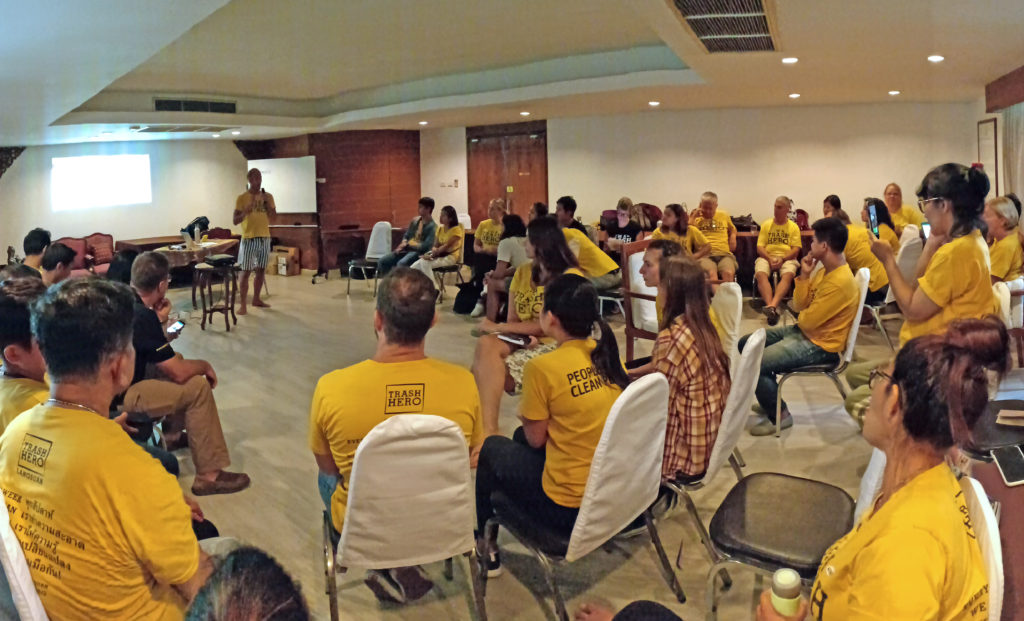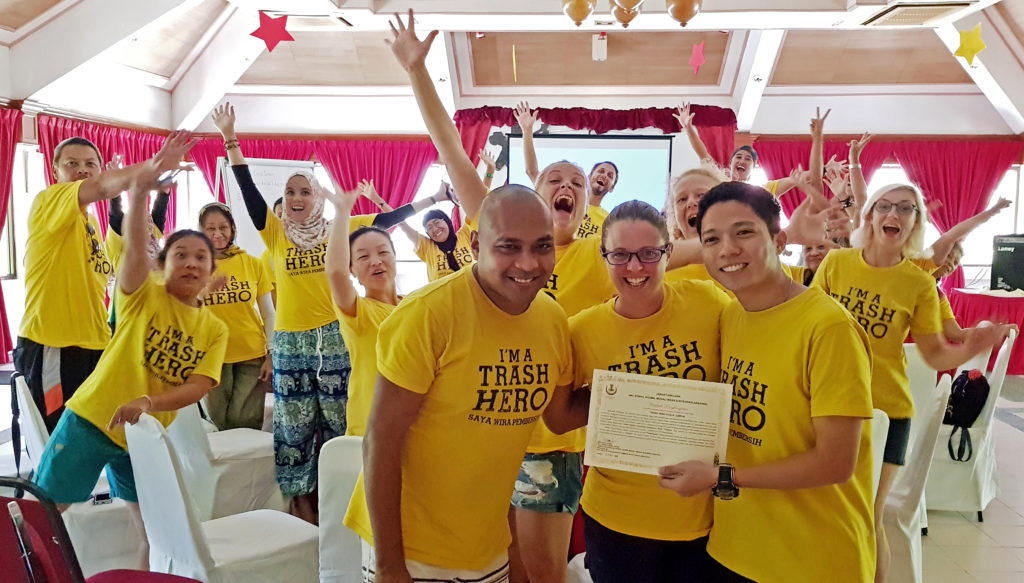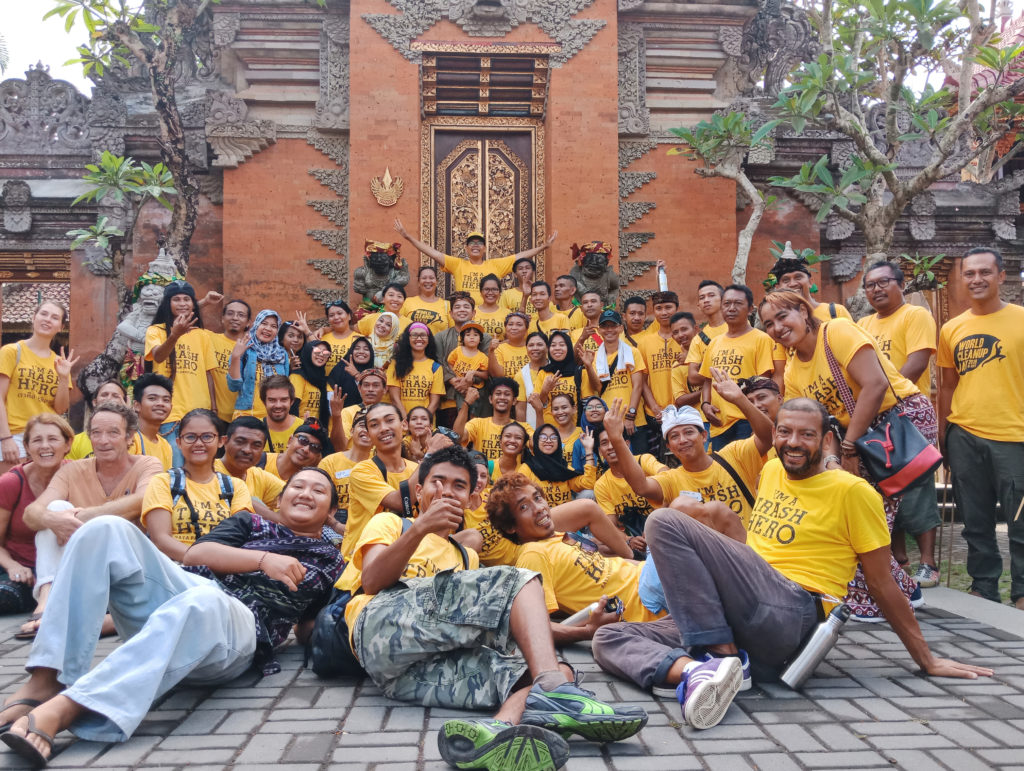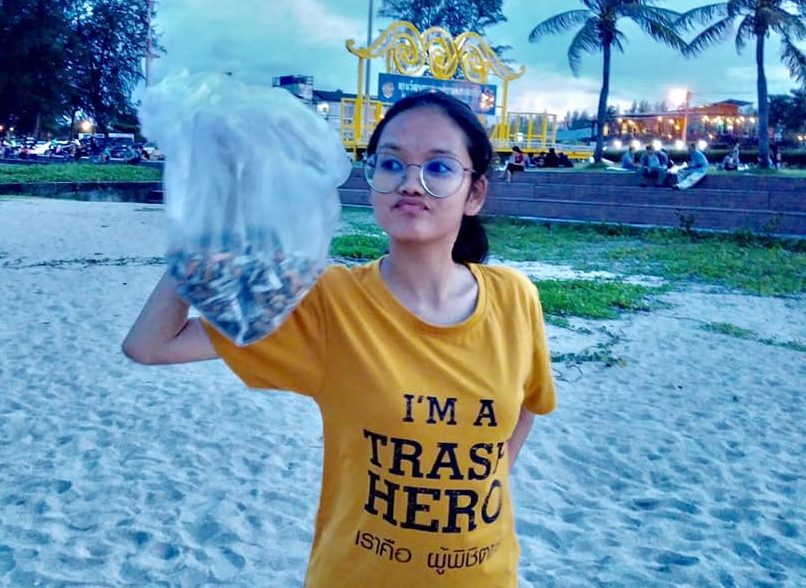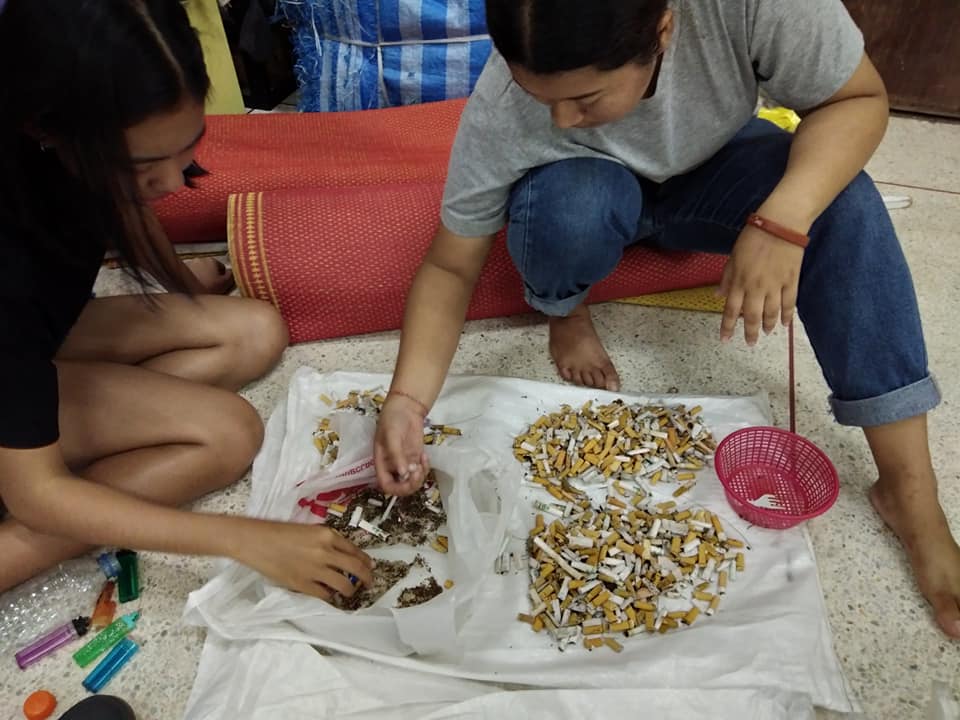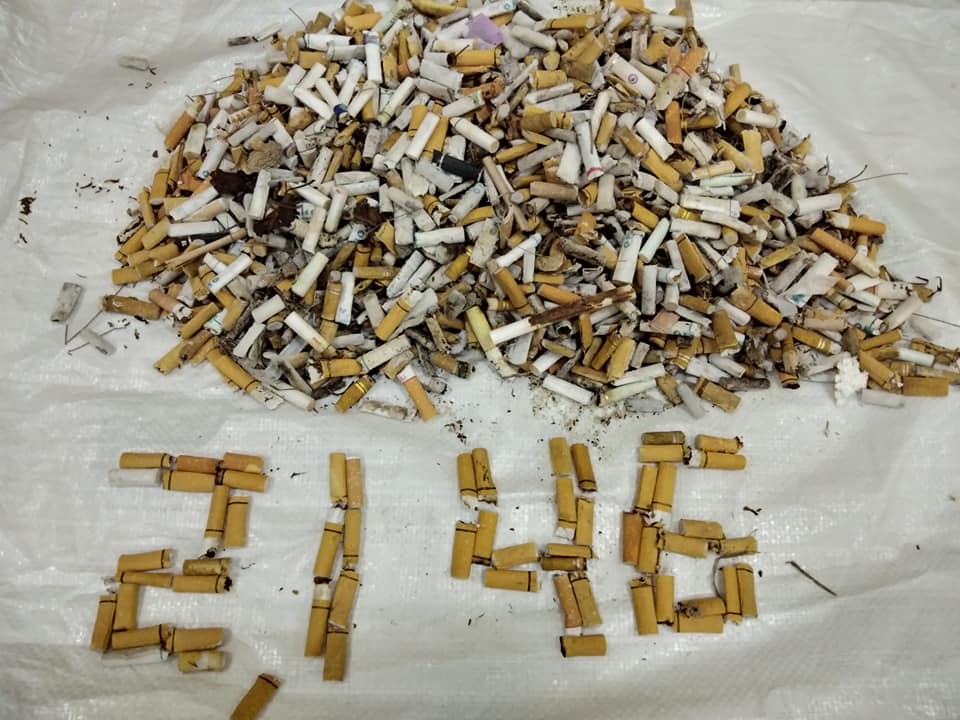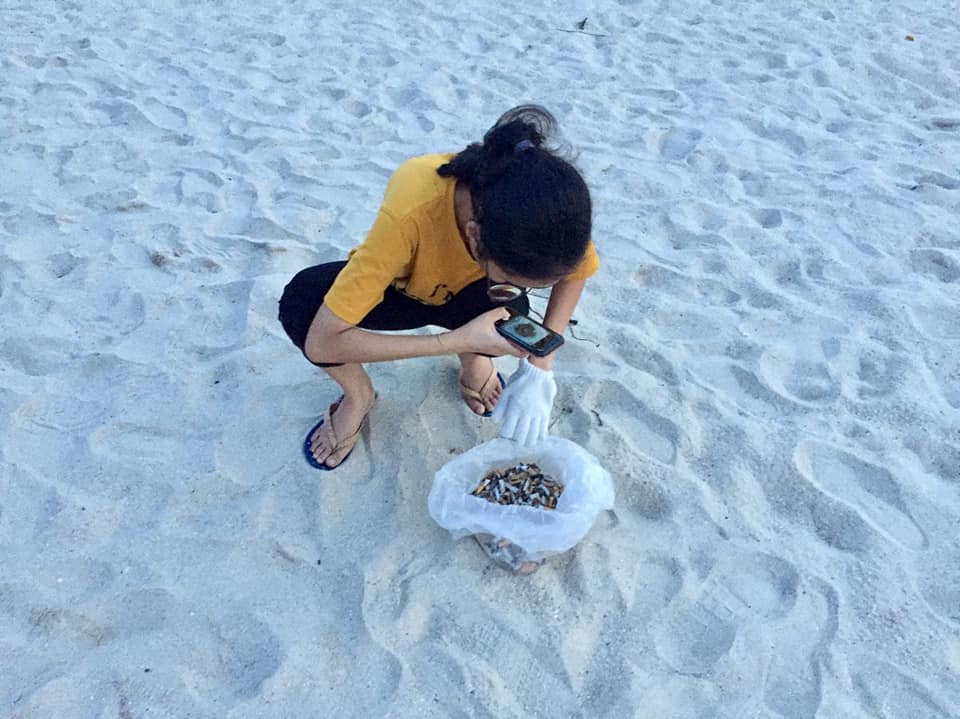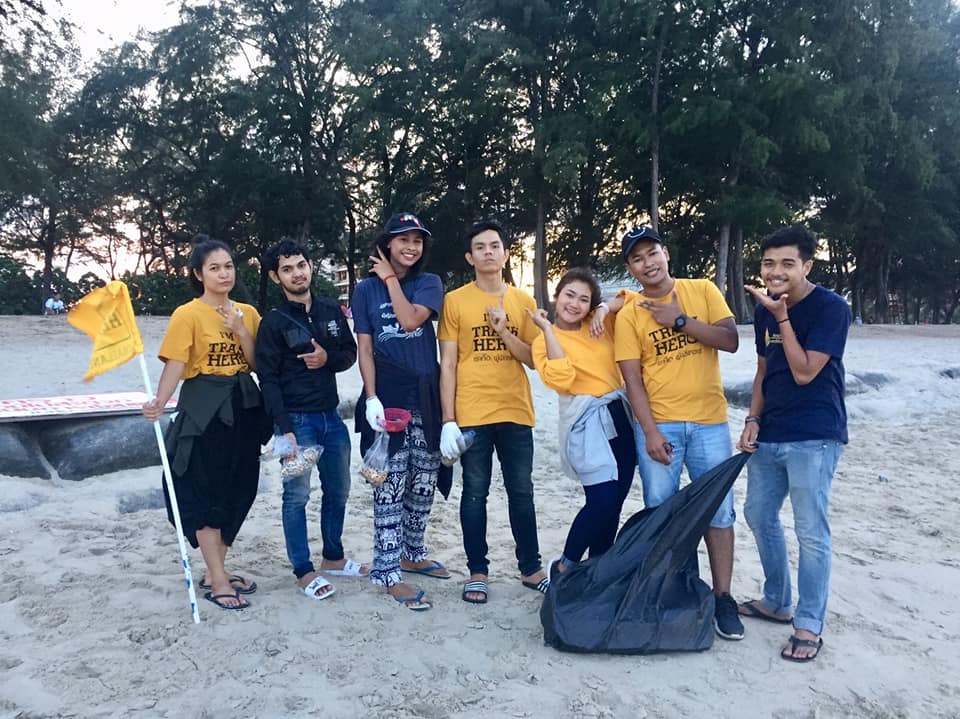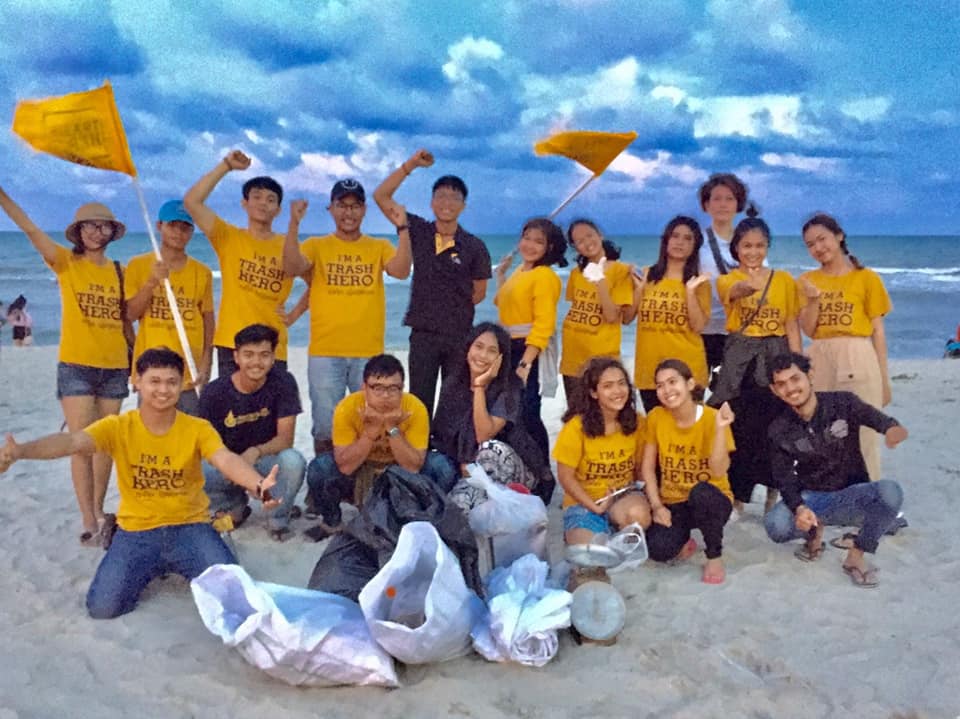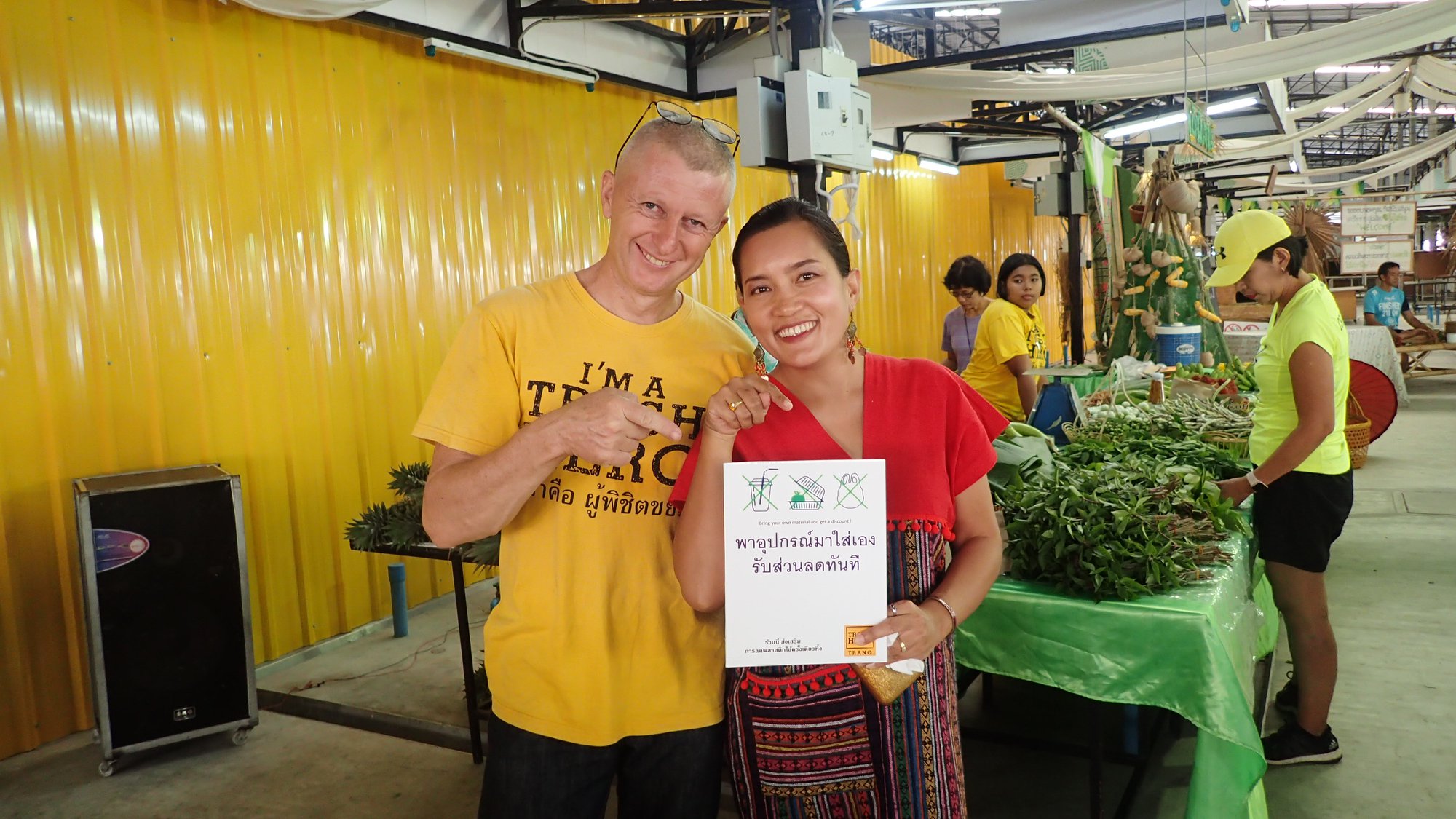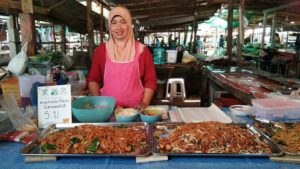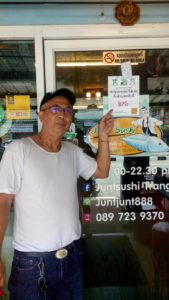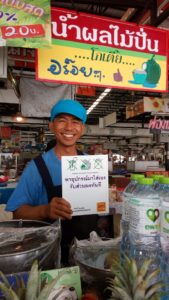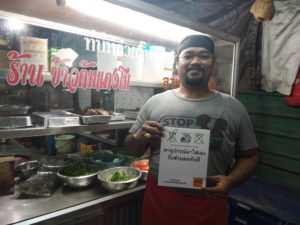Last week, Trash Hero Bangkok joined regional stakeholders at a United Nations Environmental Programme-led conference in Bangkok dedicated to tackling the transboundary challenge of marine litter.
Globally, more than 80 percent of plastic marine debris comes from land-based sources. And in Asia, both rapid development and economic success has strained waste management – an issue that these stakeholders believe can be remedied by inter-sector collaboration together with galvanized public support.
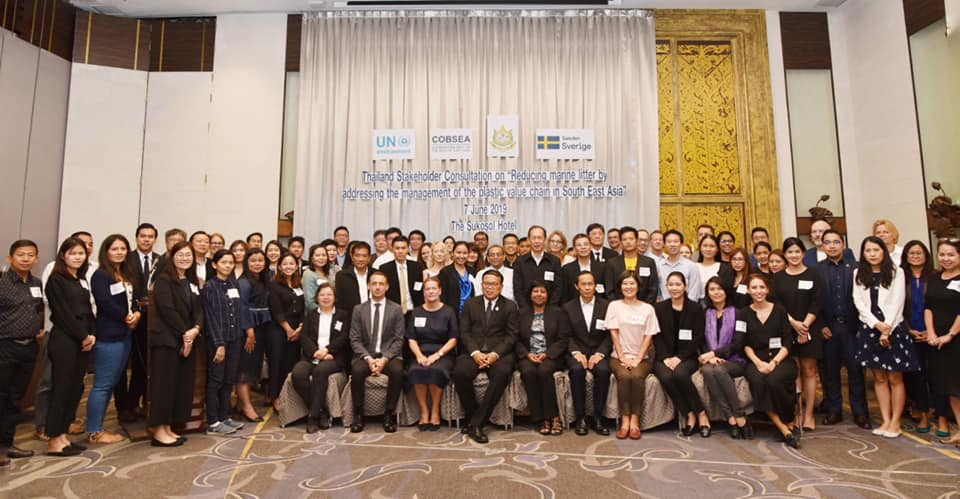
Conference stakeholders gather to kick off discussions on reducing marine litter | Source: Thai Ministry of Natural Resources and the Environment
Trash Heroes in Thailand have been coordinating this grassroots energy since 2013, forging community awareness of our individual roles within the global waste problem. Through action-based efforts like clean-ups and issue-focused education, Trash Hero Thailand has been a leading force to develop the public salience necessary for successful waste and plastic management to take root – to the tune of more than 79,500 volunteers educated and keeping nearly 600,000 kilograms of trash from entering the Thai marine ecosystems to date.
This new initiative led by the United Nations Environmental Programme (UNEP) called ‘The Southeast Asia Circular – solving plastic pollution at source’ connects nonprofit leaders like Trash Hero together with local government agencies, private sector representatives, and academic experts to collaborate toward market-based solutions and policies that reduce plastic production, waste, and mitigate its threats to the environment.
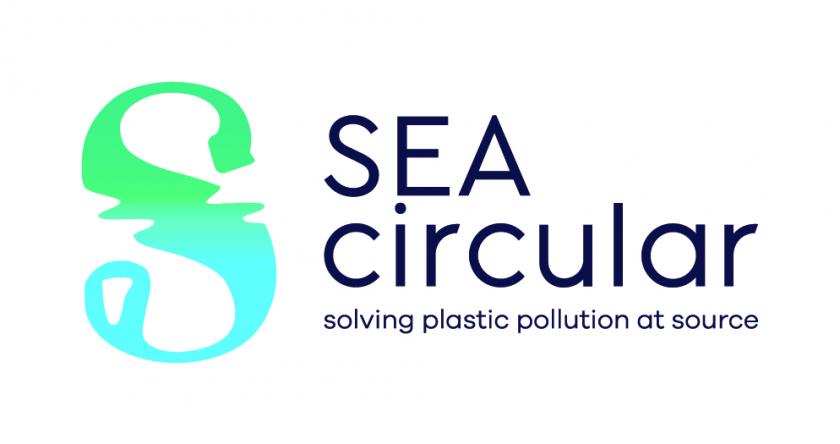
Source: UN Environment
Market-based conservation solutions are those that rely on the use of economic principles to achieve beneficial environmental outcomes. Research demonstrates that such approaches encourages environmental stewardship and fosters knowledge-based conservation, and successful policy comes from deliberately connecting producers and consumers. This can involve the creation of ecological markets, promoting education and public awareness, and coordinating competitors and their resources within the marketplace under a common, ecologically-driven goal.
Innovative solutions that stand to reduce marine waste are those that span the whole plastic value chain, starting with what the UNEP calls a “people-centred approach.” Through projects that support vulnerable groups impacted by plastic waste and prioritizing public education, Trash Hero has helped lay the groundwork for such coordination across the value chain through initiatives like its reusable bottles and bags project. In Thailand alone, Trash Hero has reduced upwards of 25 million plastic bottles and 6.5 million plastic bags by promoting and providing sustainable alternatives among Thais and tourists alike.
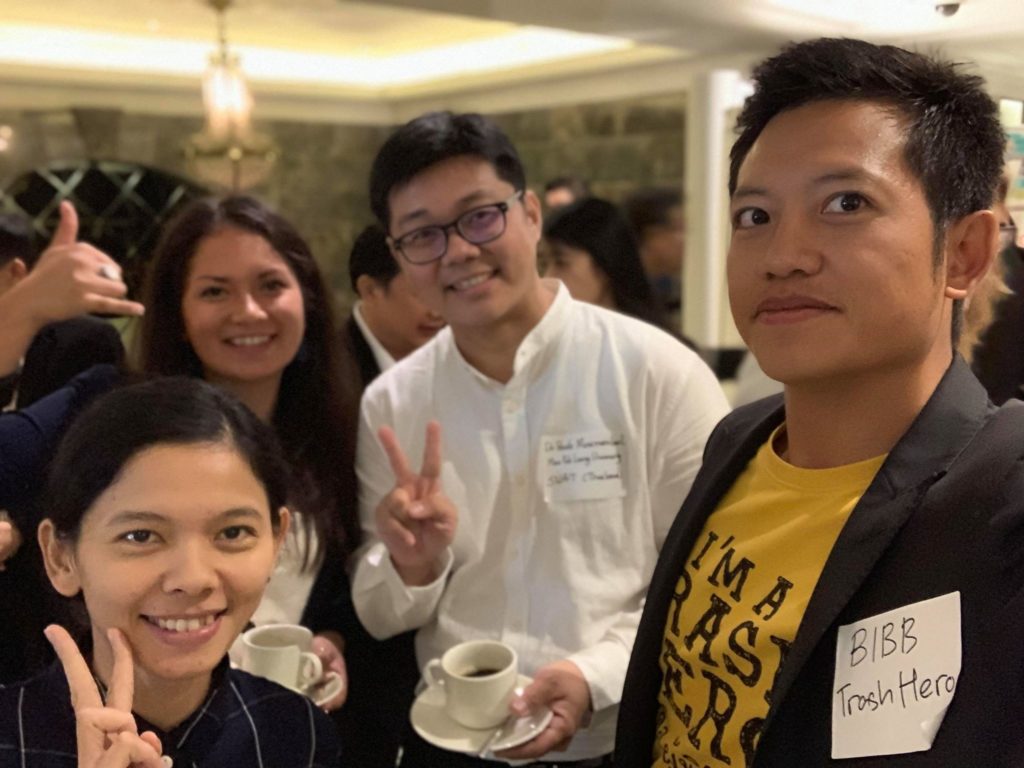
Trash Heroes in Bangkok
Such action has helped inspire complementary regulatory action: the Thai government recently announced it will phase out seven types of plastic between 2019 and 2022, with the ultimate goal of achieving a waste-free economy by 2027. This is in concert with other strategies like that of the Food and Drug Administration of Thailand, which is revising restrictions on the use of plastic in items like food packaging.
Bangkok Trash Hero Warawat Sabhavasu participated in the Stakeholder & Engagement breakout discussion, where he showcased local success stories of the progress Trash Heroes have made in the region. The UN highlighted this work in its closing ceremony, commending the action-based change Trash Heroes stand for.
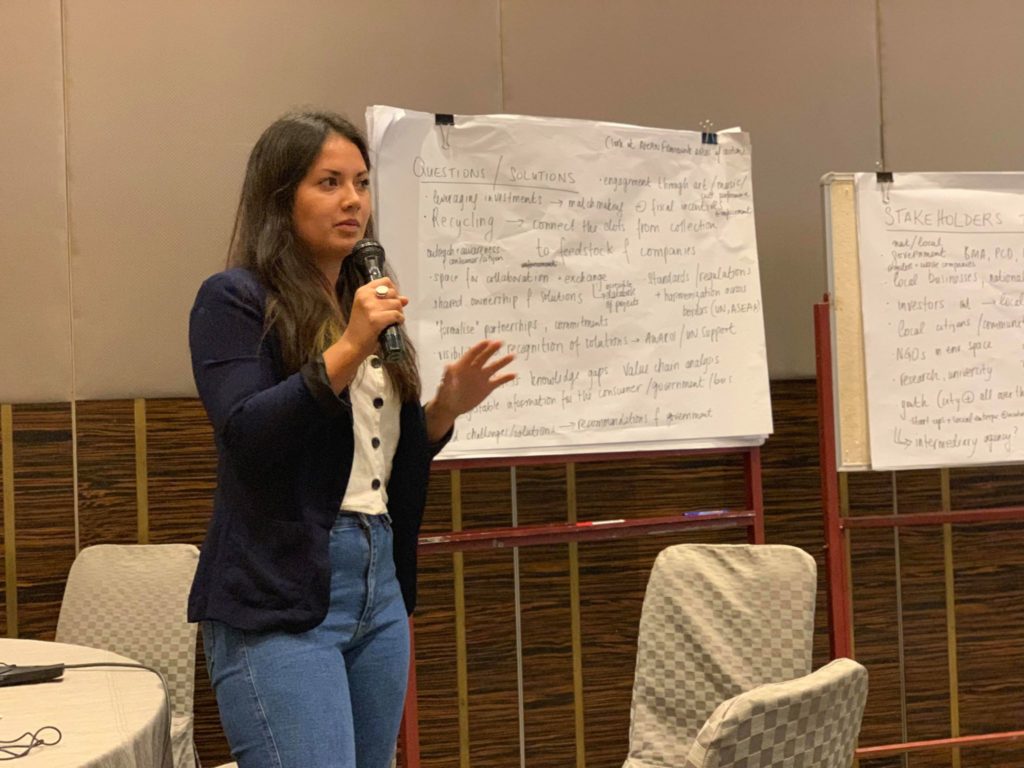
Trash Hero at the UNEP Stakeholder & Engagement break out discussion
Conference stakeholders framed additional sustainability-driven solutions within the United Nations’ Sustainable Development Goals, guided by a sufficiency economy philosophy that prioritizes balanced development and community resilience. This focus highlights how the success of innovative solutions – like green operating principles presented by Coca-Cola Thailand Ltd. and IKEA Southeast Asia, or circular economic strategies laid out by local government officials – is grounded in the work of Trash Heroes building public awareness, support, and grassroots action.
read more
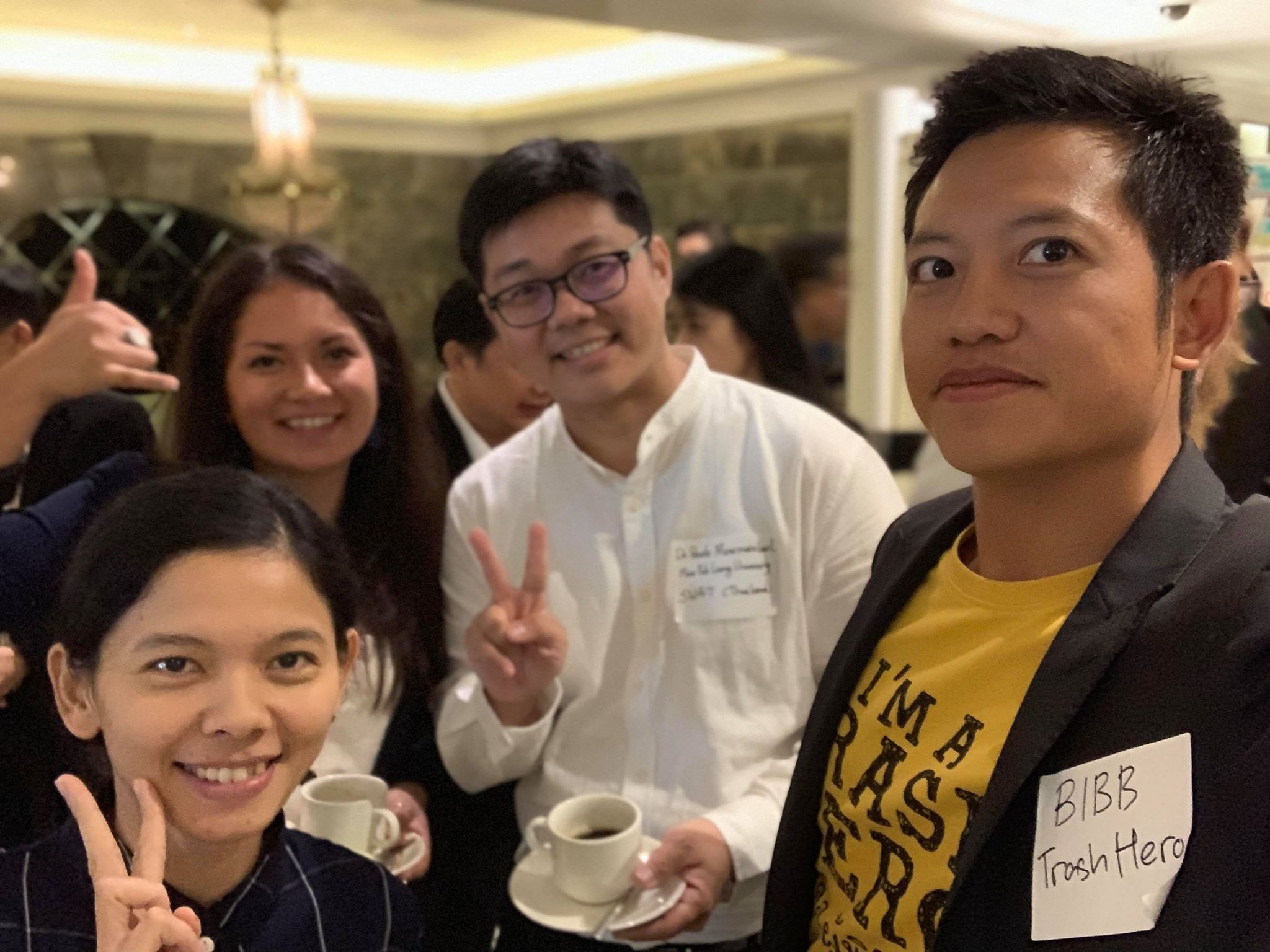
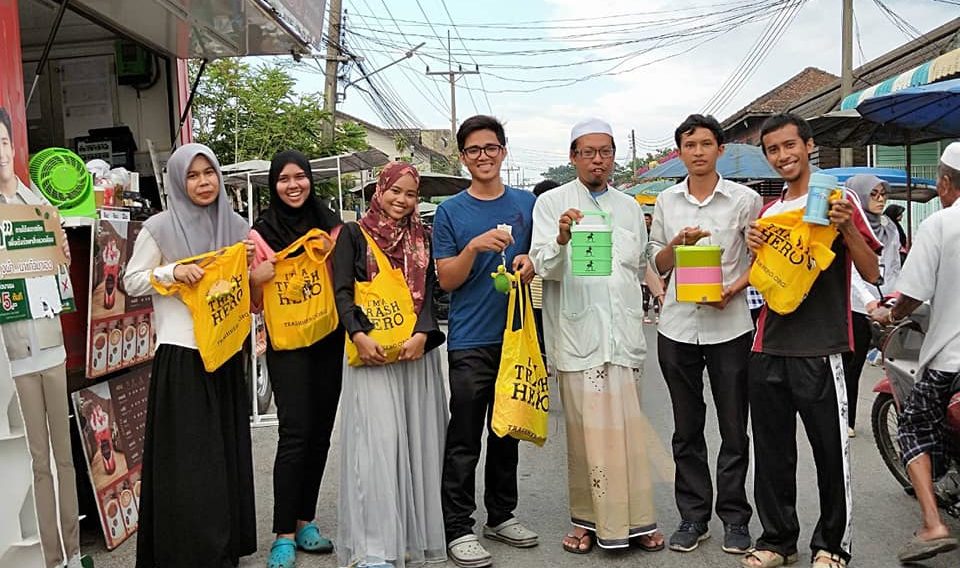
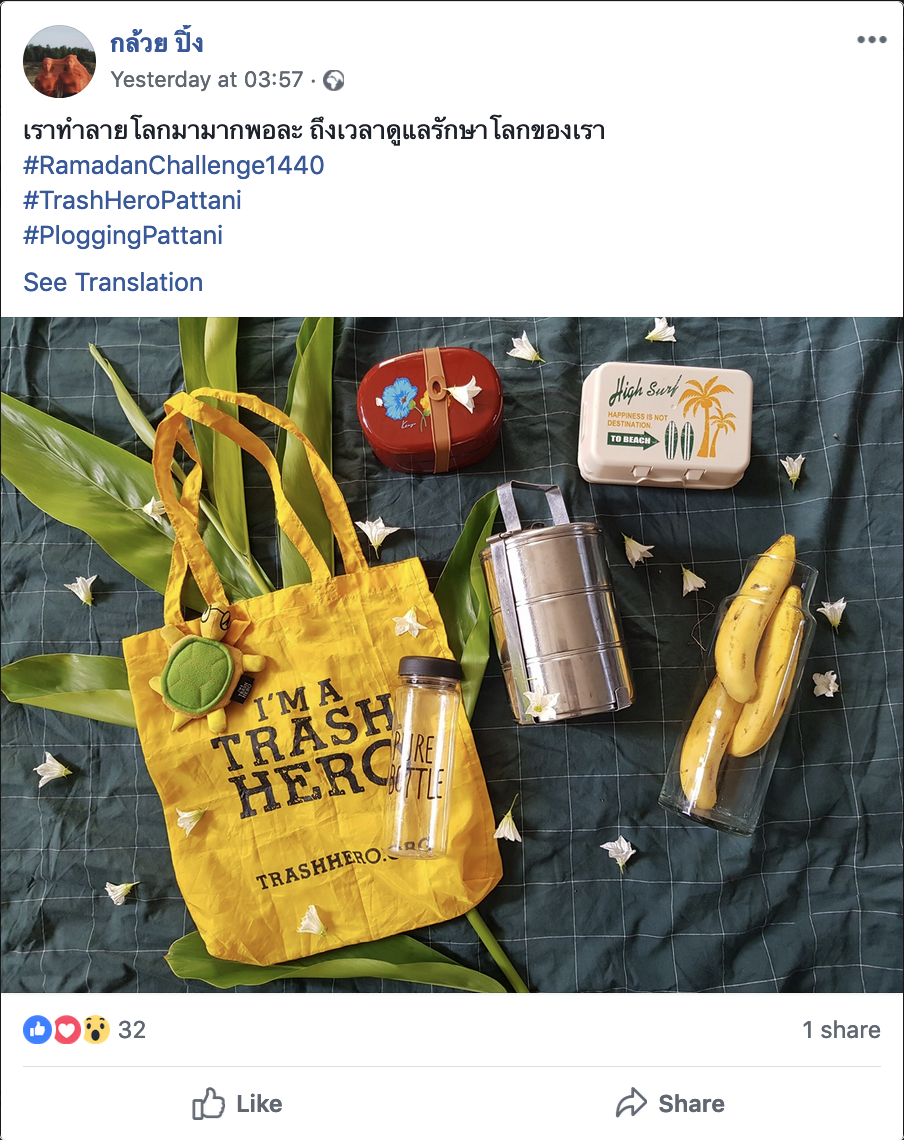
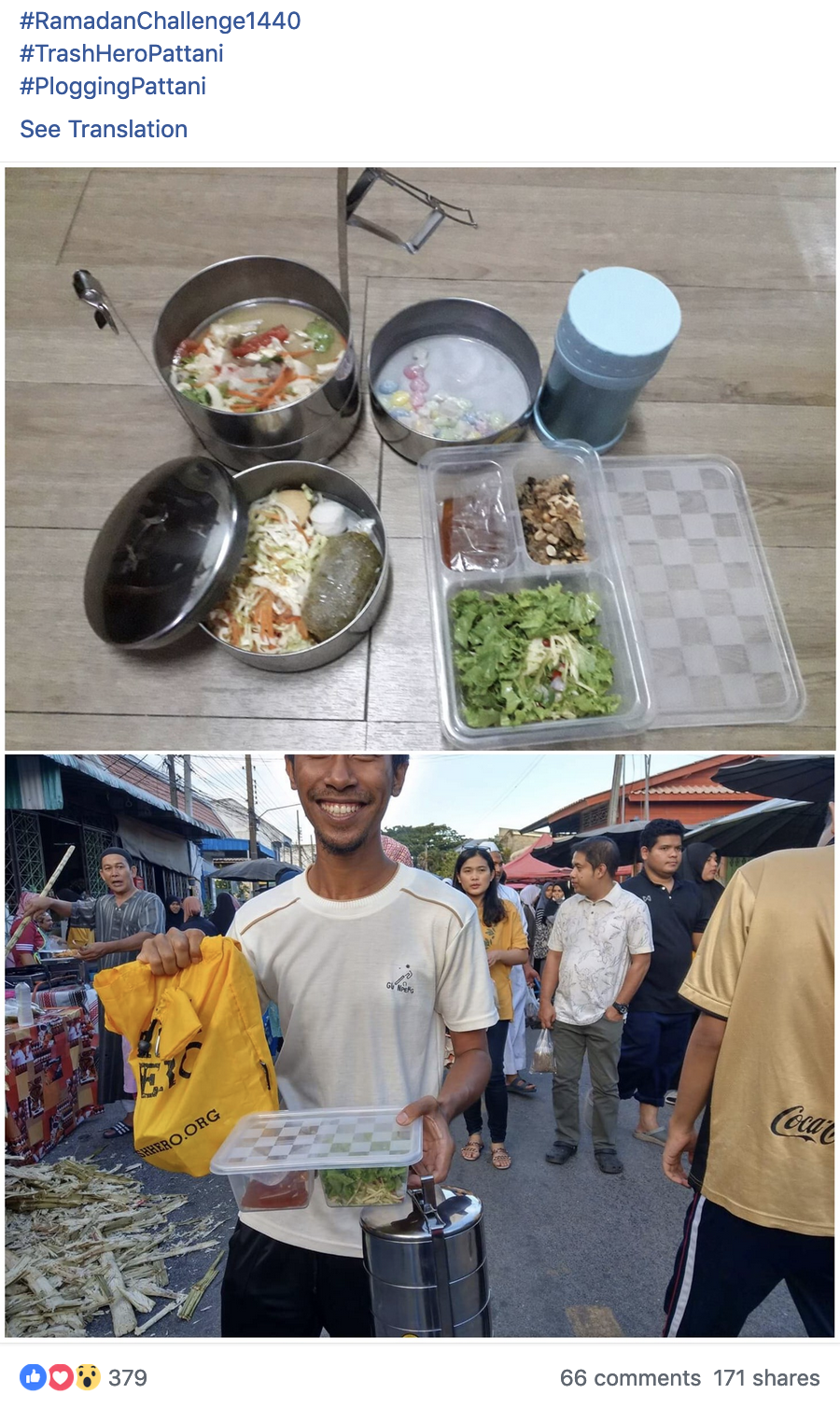
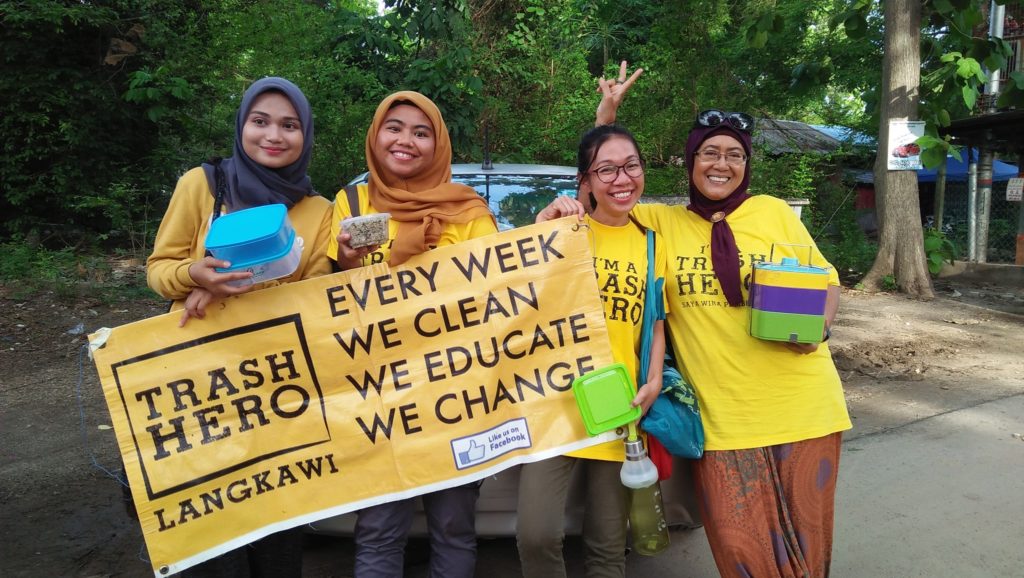

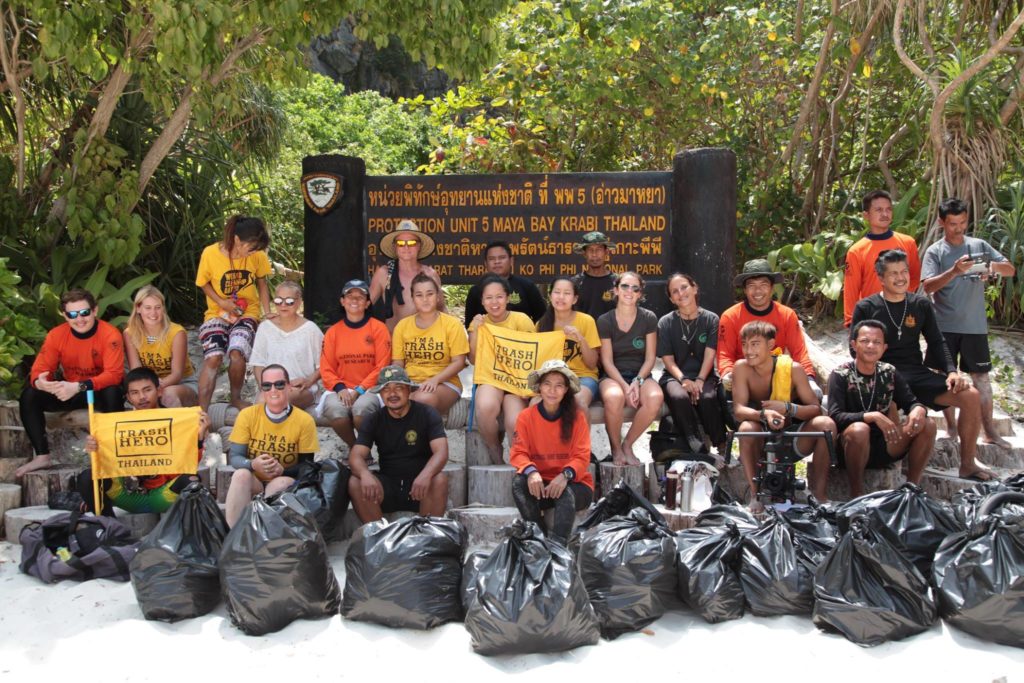

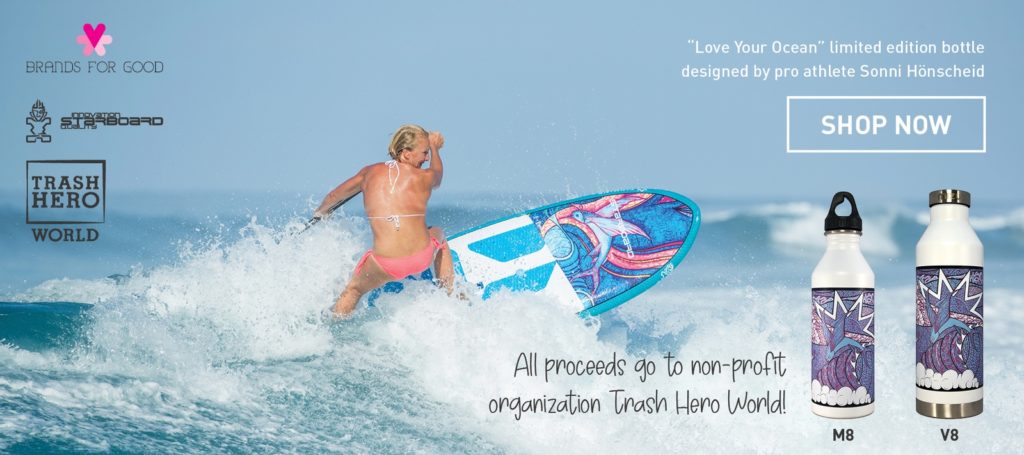
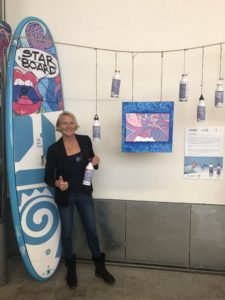
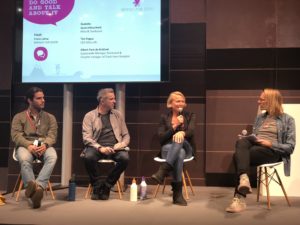
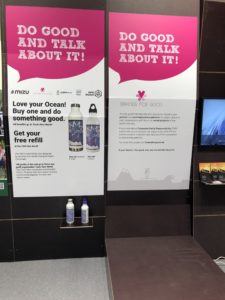
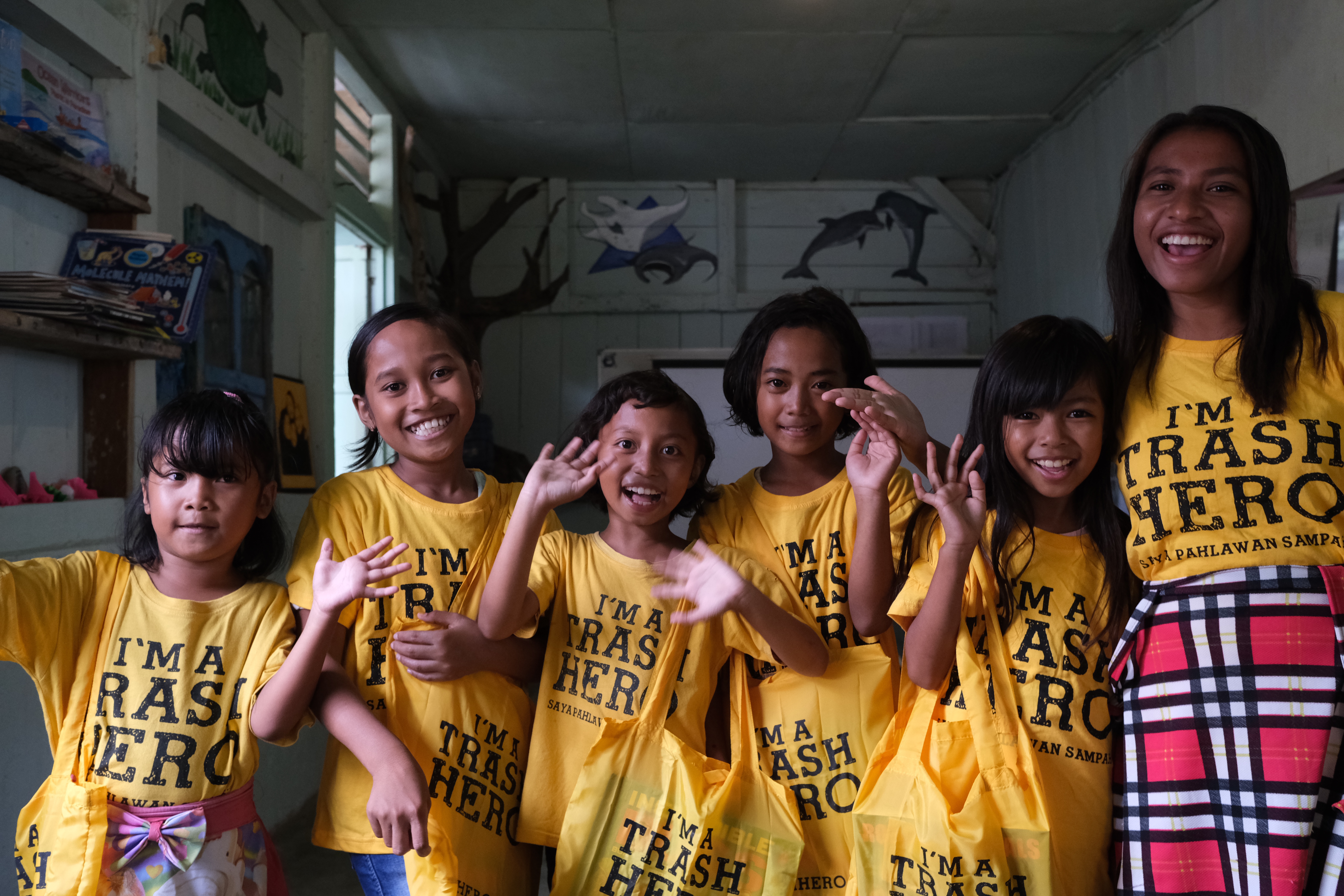
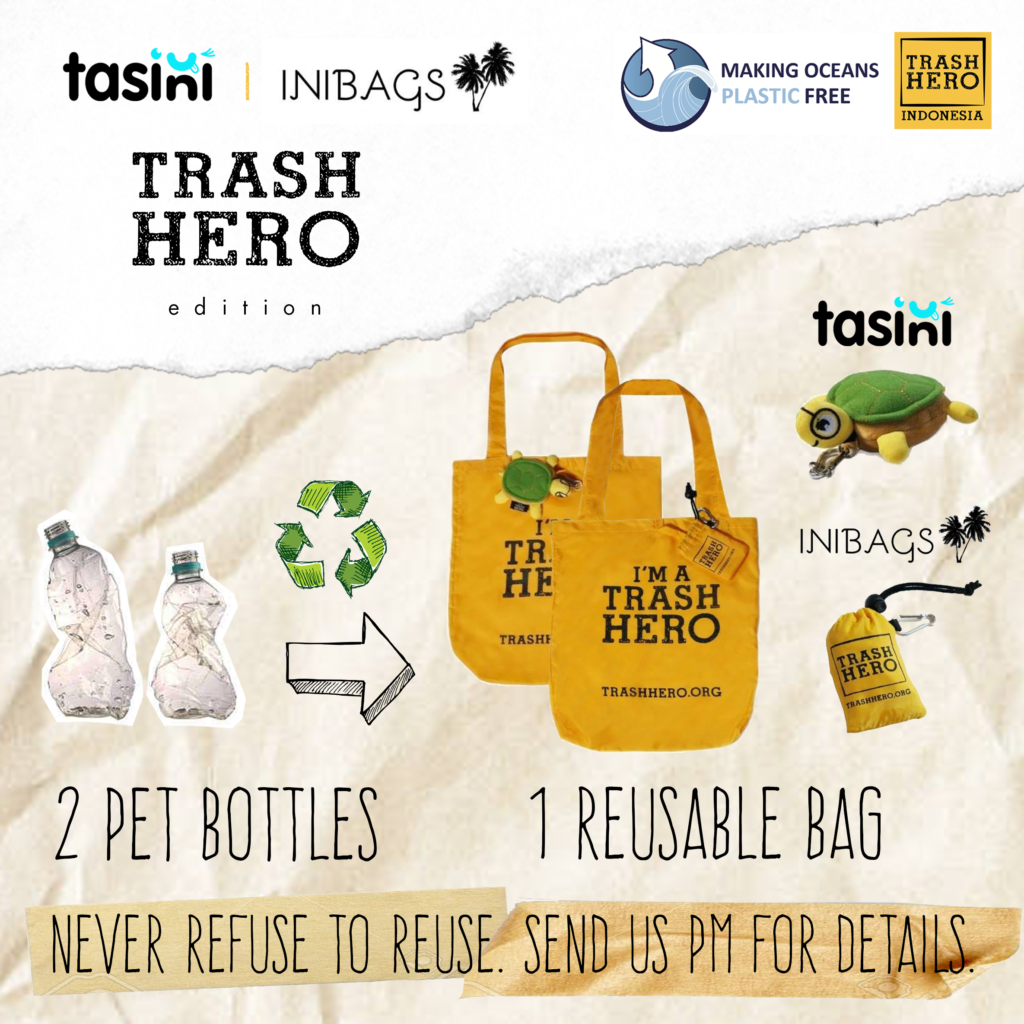
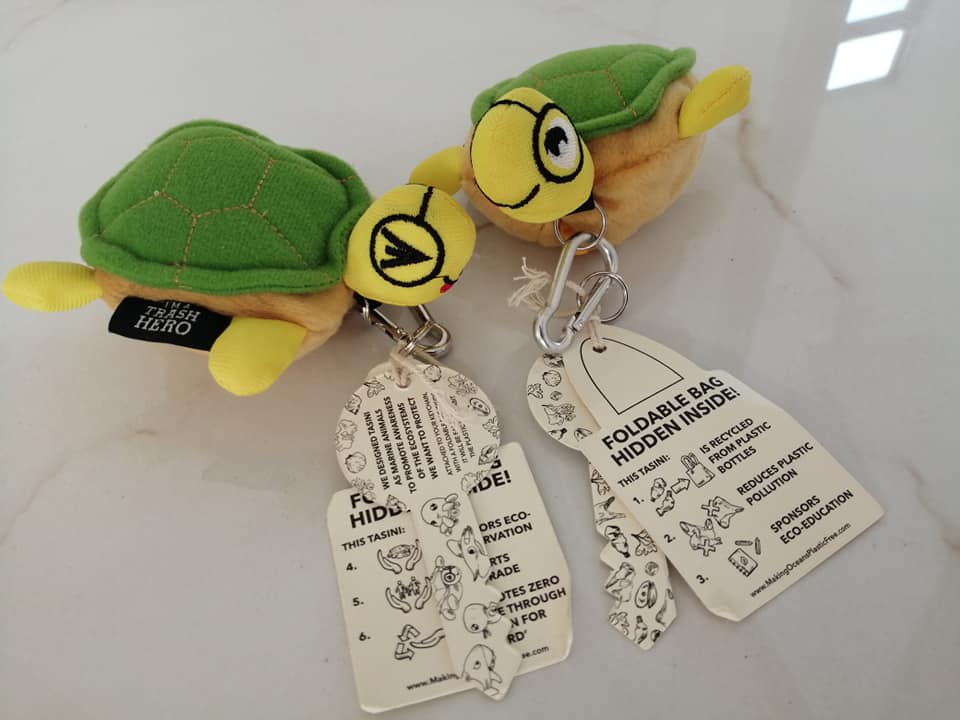
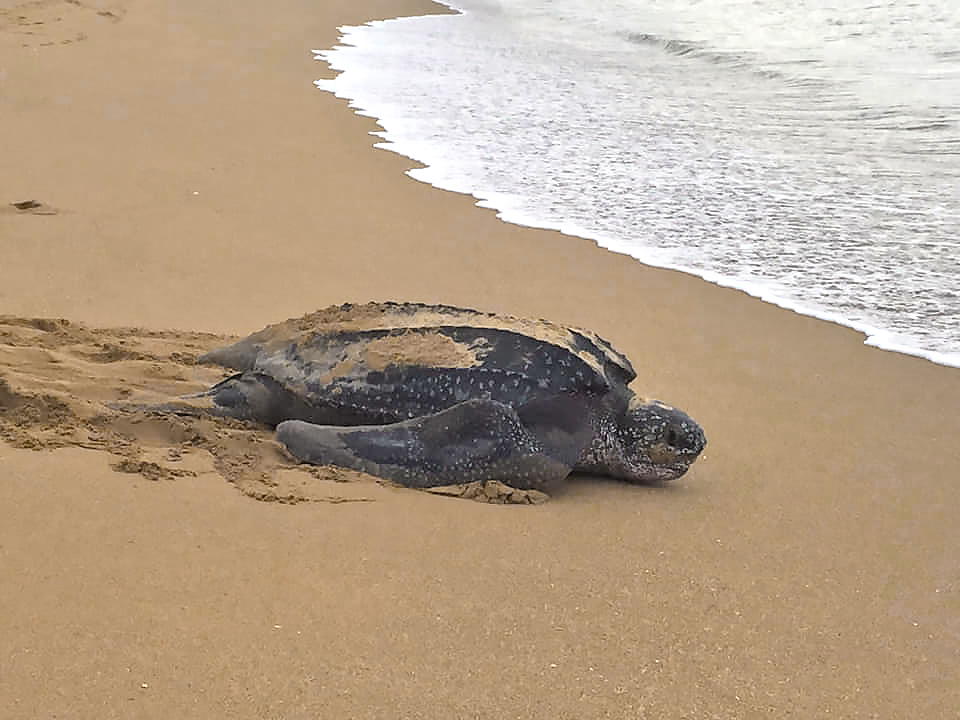
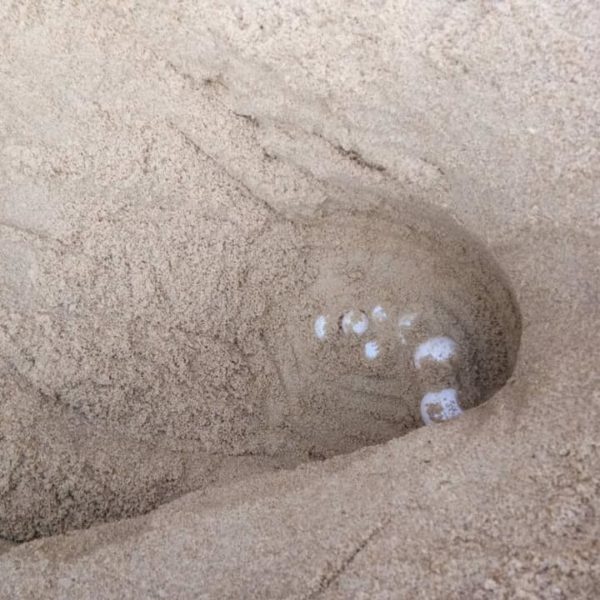
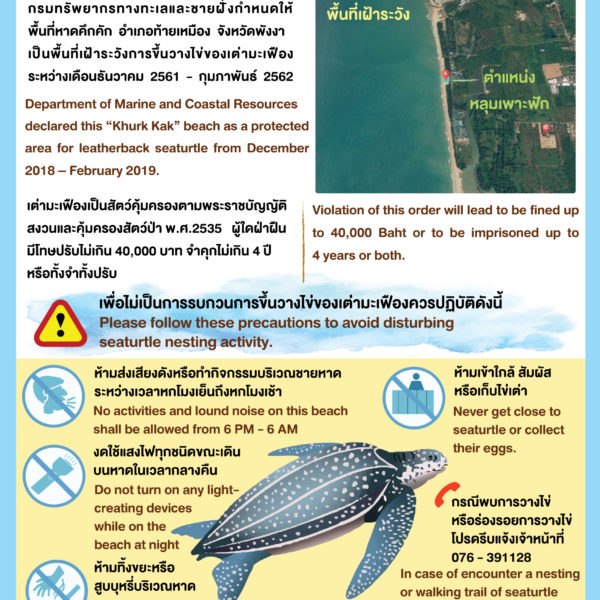
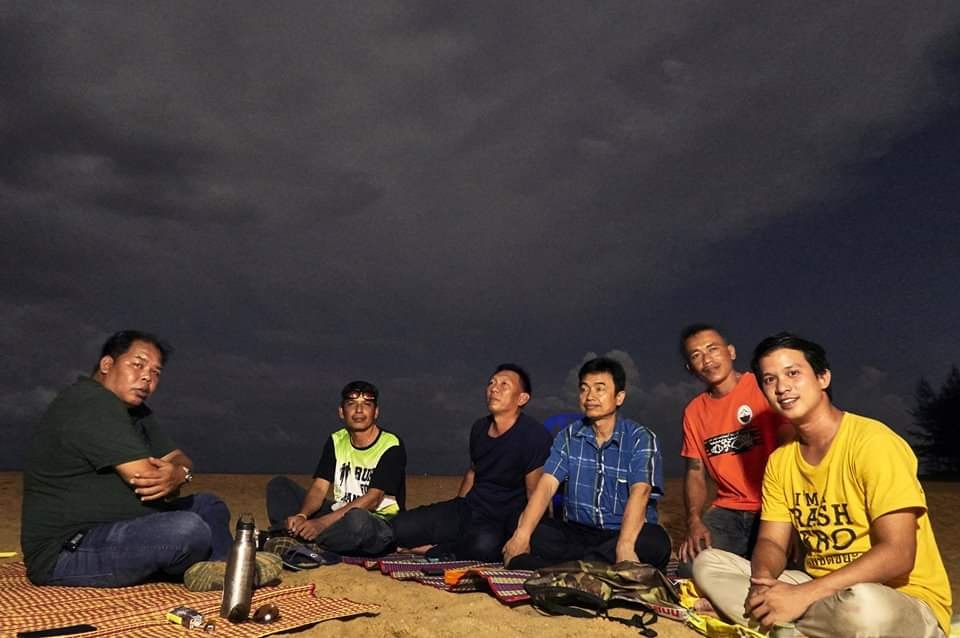 Parn visiting the DMCR team at the Khuk Khak surveillance site
Parn visiting the DMCR team at the Khuk Khak surveillance site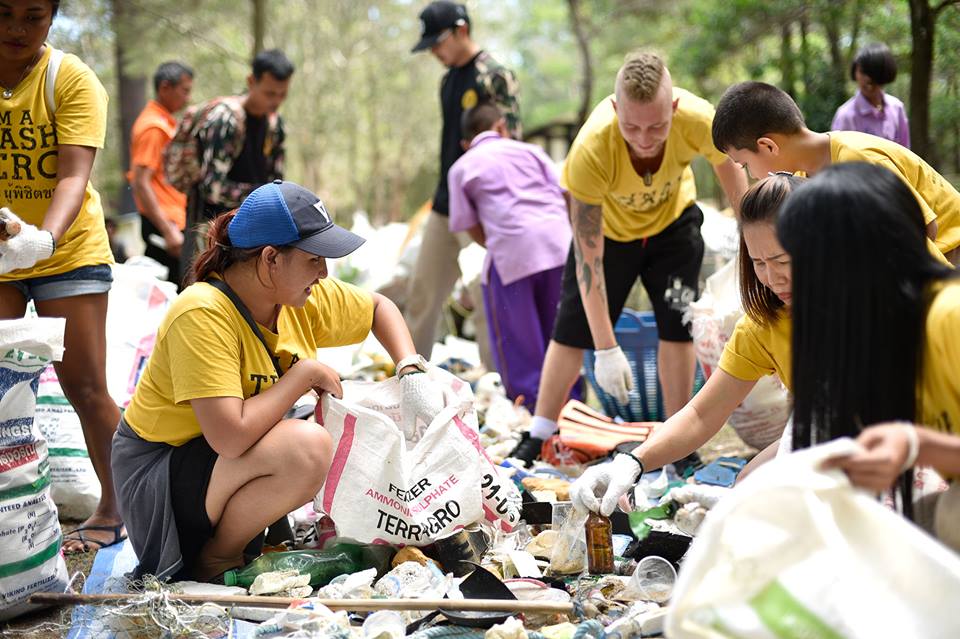 Trash Hero Khao Lak volunteers cleaning Thai Muang beach with the Dept. of National Parks
Trash Hero Khao Lak volunteers cleaning Thai Muang beach with the Dept. of National Parks